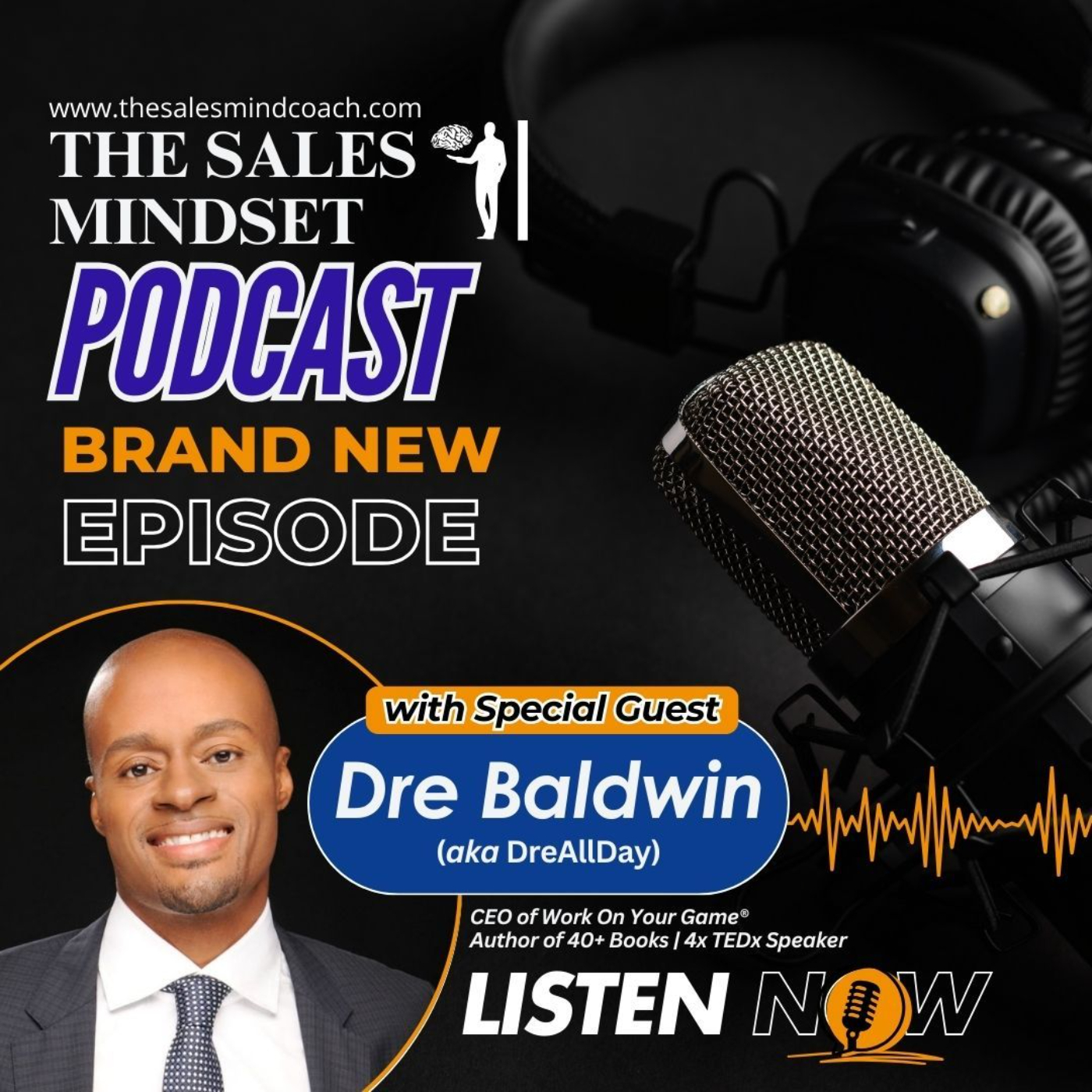Sales Objections Are Not Problems, They Are Puzzles to Be Solved
Apr 14, 2025
In sales, objections aren’t roadblocks, they are just puzzles. Too often, we view objections as problems we need to overcome or avoid. But what if we flipped the script? What if we saw objections as opportunities to engage, understand, and tailor our approach?
When a prospect raises an objection, it’s not the end of the conversation… it’s an invitation to dive deeper, ask more questions, and gain a better understanding of their needs. Sales objections are clues! They point to something that’s on the prospect’s mind, something they need reassurance on, more information about, or simply the right solution.
Why Objections Shouldn’t Be Feared
Let’s be very clear… Objections are normal. Every sales conversation will come with some form of resistance, whether it’s about price, timing, or the perceived value of what you're offering. But the key is not to move past them quickly… it’s to embrace them and tackle them strategically. When you treat objections as puzzles, you shift your mindset from defensive to puzzle-solving. You’re no longer trying to “overcome” the objection… you’re simply finding the missing piece that helps you connect your solution to their needs.
Turning Objections Into Opportunities
In-home sales is not for everyone. It requires a unique set of skills and the ability to handle high- pressure situations and rejection. The ability to meet a complete stranger and then building trust, care, confidence, and rapport in just a few hours, and then placing an order for 10K, 50K, or 100K…all in one appointment. It takes a special kind of sales professional to make that happen. You’re not just selling a product; you’re guiding someone through a life-changing decision. The ability to quickly assess their needs, build a connection, and then confidently close a significant sale requires both professionalism and people skills. Not every salesperson can handle this pressure and be okay if they do not buy, and that’s what makes in-home sales unique.
- Listen Actively: The first step in solving the puzzle is listening. Don’t rush to respond… let your prospect talk. The more they share, the clearer the puzzle pieces will become. Listen for the root of the objection and ask follow-up questions to gain more insight.
- Empathize and Validate: Objections often come from real concerns. Acknowledge them and let your prospect know you understand their point of view. Empathy builds trust and shows that you’re not just trying to make a sale… you’re focused on finding the best solution for them.
- Reframe the Objection: Now that you’ve gathered the pieces, it’s time to reframe the objection into an opportunity. If the objection is about price, for example, highlight the value of what you’re offering. If timing is an issue, explain why acting now will benefit them in the long run.
- Offer a Solution: After you’ve listened, empathized, and reframed, offer a solution. Show them how your product or service addresses their specific concerns. The solution you present should feel like the missing piece that completes the puzzle.
- Ask for Feedback: Once you’ve addressed the objection, ask if it’s been resolved. This commitment ensures you’re not just guessing… it’s a final check to make sure all concerns have been addressed before moving forward.
Objections Are Just Opportunities to Connect
Every objection is an opportunity to connect deeper with your prospect. It’s a chance to show them you understand their needs, offer reassurance, and tailor your solution to better fit their world. Sales objections don’t stop the conversation… they drive it forward. So, the next time you encounter an objection, don’t see it as a roadblock. See it as another puzzle to solve, another chance to refine your approach and move closer to closing the deal.
Remember… objections aren’t problems... they’re puzzles (opportunities) waiting to be solved.
Happy Selling, Happy Closing!



